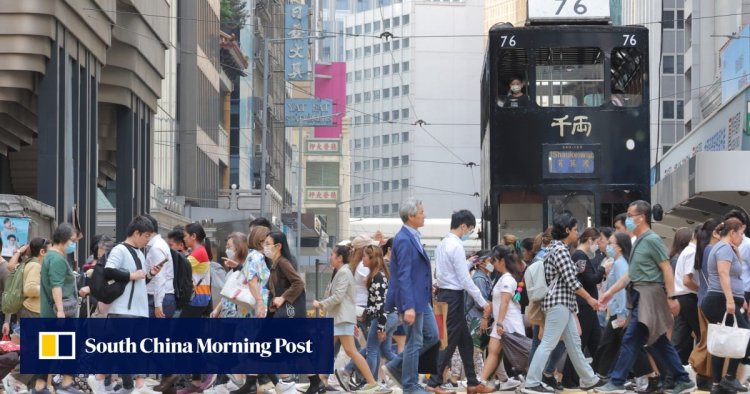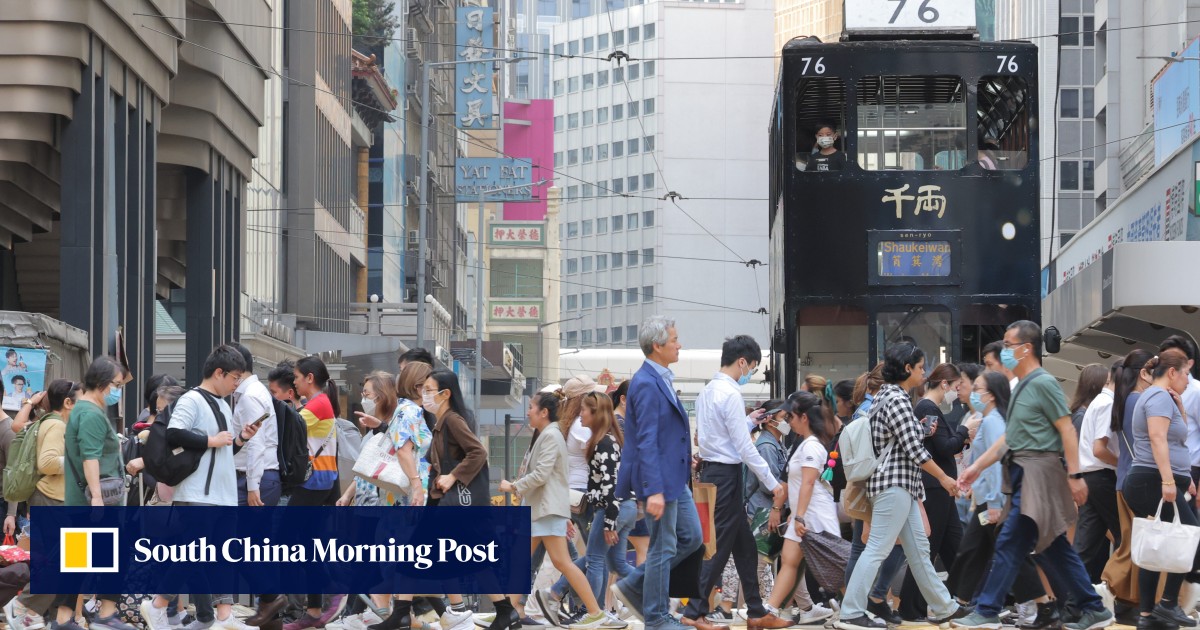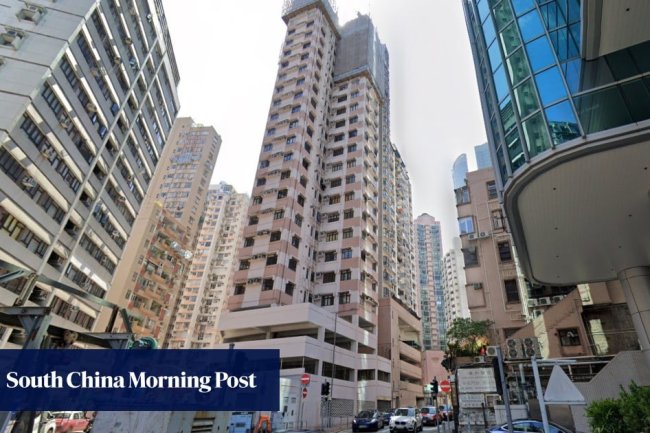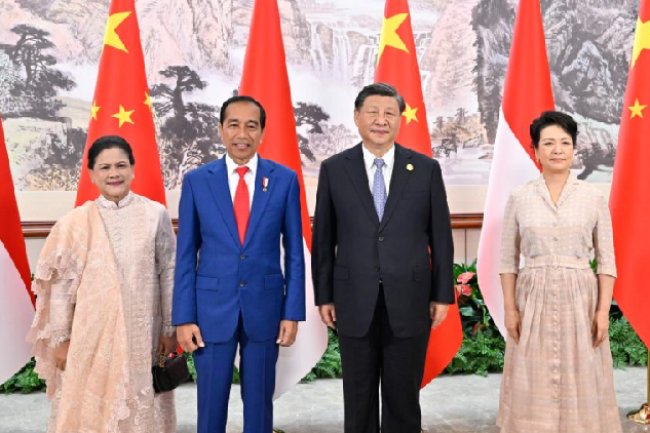Companies in Hong Kong wrestling with 20 per cent turnover rate, struggling to recruit mid-level staff, leading business group says
2023.05.21 15:59Companies in Hong Kong are experiencing turnover rates of more than 20 per cent, with organisations especially struggling to recruit middle-ranking employees amid an emigration wave, one of the city’s largest business groups has said.George Leung Siu-kay, CEO of the Hong Kong General Chamber of Commerce, on Sunday warned that increasing salaries was not a cure-all for the situation, as it would reduce the competitiveness of non-profit organisations.The government should instead offer more incentives for professionals from mainland China and the rest of the world, he urged, calling talent trawling crucial in driving Hong Kong’s economic transformation amid an evolving geopolitical environment.Leung told a radio programme that the continuous outflow of the city’s labour pool, especially its mid-level workers, had “severely crippled the operations” of locally based companies.“As we talked to businesses, we realised that every company had a turnover rate of more than 20 per


Companies in Hong Kong are experiencing turnover rates of more than 20 per cent, with organisations especially struggling to recruit middle-ranking employees amid an emigration wave, one of the city’s largest business groups has said.
George Leung Siu-kay, CEO of the Hong Kong General Chamber of Commerce, on Sunday warned that increasing salaries was not a cure-all for the situation, as it would reduce the competitiveness of non-profit organisations.
The government should instead offer more incentives for professionals from mainland China and the rest of the world, he urged, calling talent trawling crucial in driving Hong Kong’s economic transformation amid an evolving geopolitical environment.
Leung told a radio programme that the continuous outflow of the city’s labour pool, especially its mid-level workers, had “severely crippled the operations” of locally based companies.
“As we talked to businesses, we realised that every company had a turnover rate of more than 20 per cent, including many financial institutions,” he said.
“[Employees] at the middle levels are the most productive and could become the backbone of future management … Senior management is taking over their jobs, and I learned that managers are now having to operate forklifts themselves.”
Government figures from last month showed Hong Kong’s workforce in 2022 shrank by 94,000 employees, or 2.4 per cent, from the 3,776,300 recorded the year before. Over the past four years, the city has lost a total of 220,500 workers.
As Chinese firms move supply chains out of China, India and Southeast Asia benefit
Leung, however, warned that boosting wages to ease the shortage during the current period of low unemployment would create “vicious competition”, with NGOs serving the underprivileged being among those that would struggle to keep up with commercial entities.
He argued that importing talent would support businesses in Hong Kong and help the city navigate changes brought about by Western countries seeking to reduce their supply chain reliance on China.
The business chamber CEO urged authorities to streamline the application process for the city’s existing talent schemes, adding that competing economies were taking a more “aggressive” and “flexible” stance by offering tax breaks and other financial incentives to candidates.
Expanded Hong Kong talent list reveals professions up for visa fast track
As part of efforts to combat brain drain, the government in December officially launched the Top Talent Pass scheme, which is open to individuals who have earned no less than HK$2.5 million over the past 12 months and graduates from the world’s top 100 universities who have been working for three of the past five years.
The Post had found that 95 per cent of approved applications under the scheme, as of February, were candidates from the mainland.
“The problem is that the whole world is vying for talent alongside Hong Kong. Even with such a variety of labour import schemes, other countries are also competing,” Leung said.
He added that education authorities should set up more appealing school curricula for the families of mainland talent interested in relocating to Hong Kong.
As Hong Kong looks overseas, local talent needs to be nurtured
On the same day, Financial Secretary Paul Chan Mo-po in his official blog highlighted strengthening the city’s vocational education system to help retain young workers as part of the government’s talent-trawling strategies.
“Sufficient talent supply is the key to sustainable social and economic development,” he said.
“As Hong Kong drives an economic transformation towards high-quality growth, there is definitely more room for development in vocational education and training.”
What's Your Reaction?













